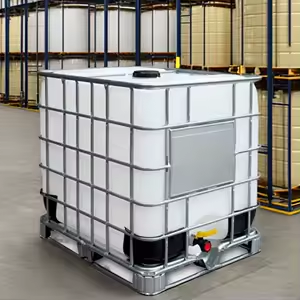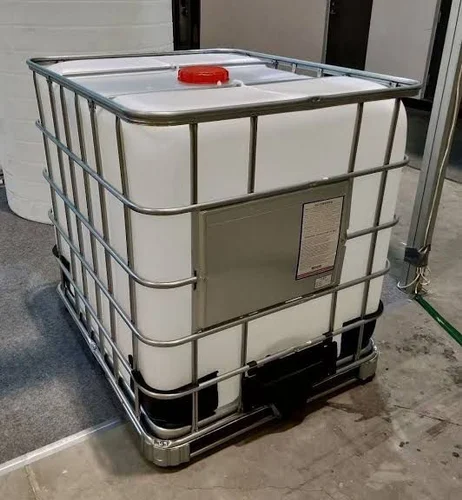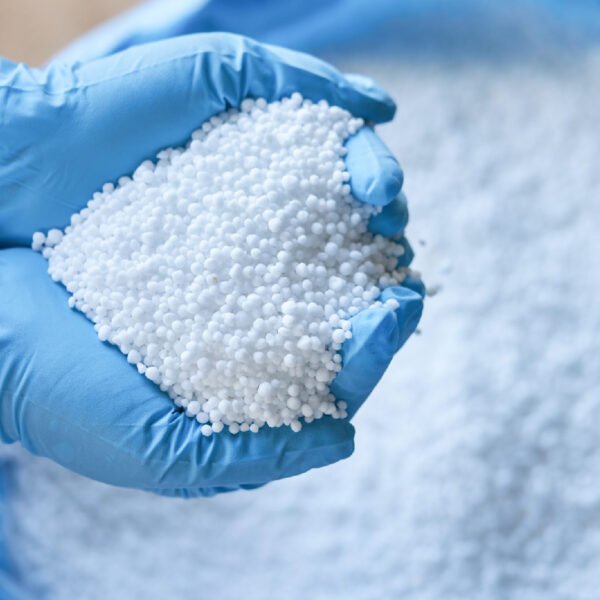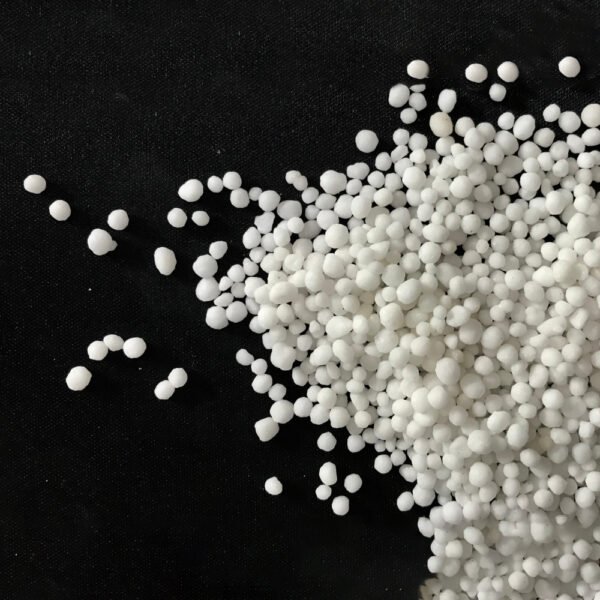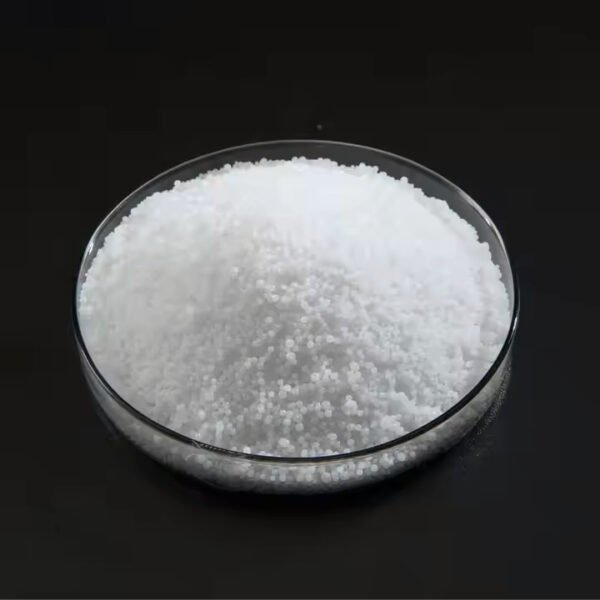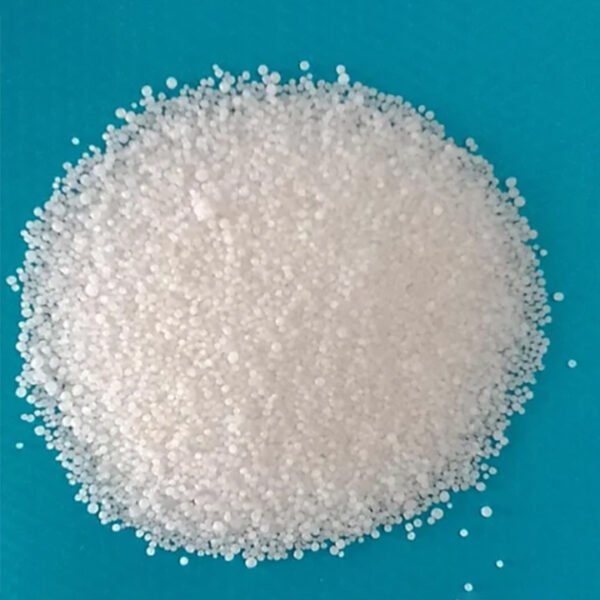Liquid Urea is a versatile chemical product widely used across the agricultural, chemical, and industrial sectors. As a concentrated source of nitrogen, essential for plant growth, it is a common component in fertilizers. Manufactured by combining ammonia with carbon dioxide, liquid urea offers distinct advantages over its granular or powdered counterparts, especially in specific industrial applications where liquid formulations are preferred.
In agriculture, Liquid Urea serves as an efficient nitrogen supplement, enriching the soil to promote robust plant growth and higher yields. Its high water solubility and rapid absorption make it suitable for various crops, ensuring optimal fertilization. Beyond agriculture, it plays a key role in the production of resins, detergents, and plastics. In industrial applications, particularly in the petrochemical and refining industries, Liquid Urea is utilized as a raw material for producing ammonia and other chemical compounds. Its liquid nature simplifies transportation and storage, offering practical benefits compared to solid forms of urea.
Application & Industries
Liquid Urea is widely used in multiple industries, including:
- Agriculture – Used as a high-efficiency nitrogen fertilizer for various crops.
- Chemical Manufacturing – A key ingredient in resins, adhesives, and coatings.
- Petrochemical Industry – Utilized in ammonia production and other chemical processes.
- Textile Industry – Used in dyeing processes and textile finishing.
Automotive Industry – Employed in NOx reduction technologies (AdBlue) for diesel engines.
Standards & Certifications
Liquid Urea complies with international quality standards to ensure efficiency and safety in various applications:
- ISO 2424 – Specifies essential properties, focusing on nitrogen content and overall chemical composition.
- ASTM D 3650 – Establishes quality control criteria, addressing solubility, nitrogen content, biuret levels, and impurities.
- EN 12235 – Defines European technical requirements for nitrogen concentration, biuret levels, and production standards.
- JIS K 0102 – Serves as the Japanese standard for impurity levels, stability, and proper storage conditions.
- GB/T 6980 – Represents China’s national standard for nitrogen content, solubility, and overall quality control.
Packaging & Export
Packaging: Available in 1000-liter IBC tanks, bulk tankers, or customized packaging.
Minimum Order Quantity: Customizable based on customer requirements.
Shipping Destinations: Exported worldwide, including Asia, Africa, and Europe.
Delivery Terms: FOB, CIF, CFR, or as per customer request.

